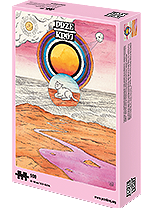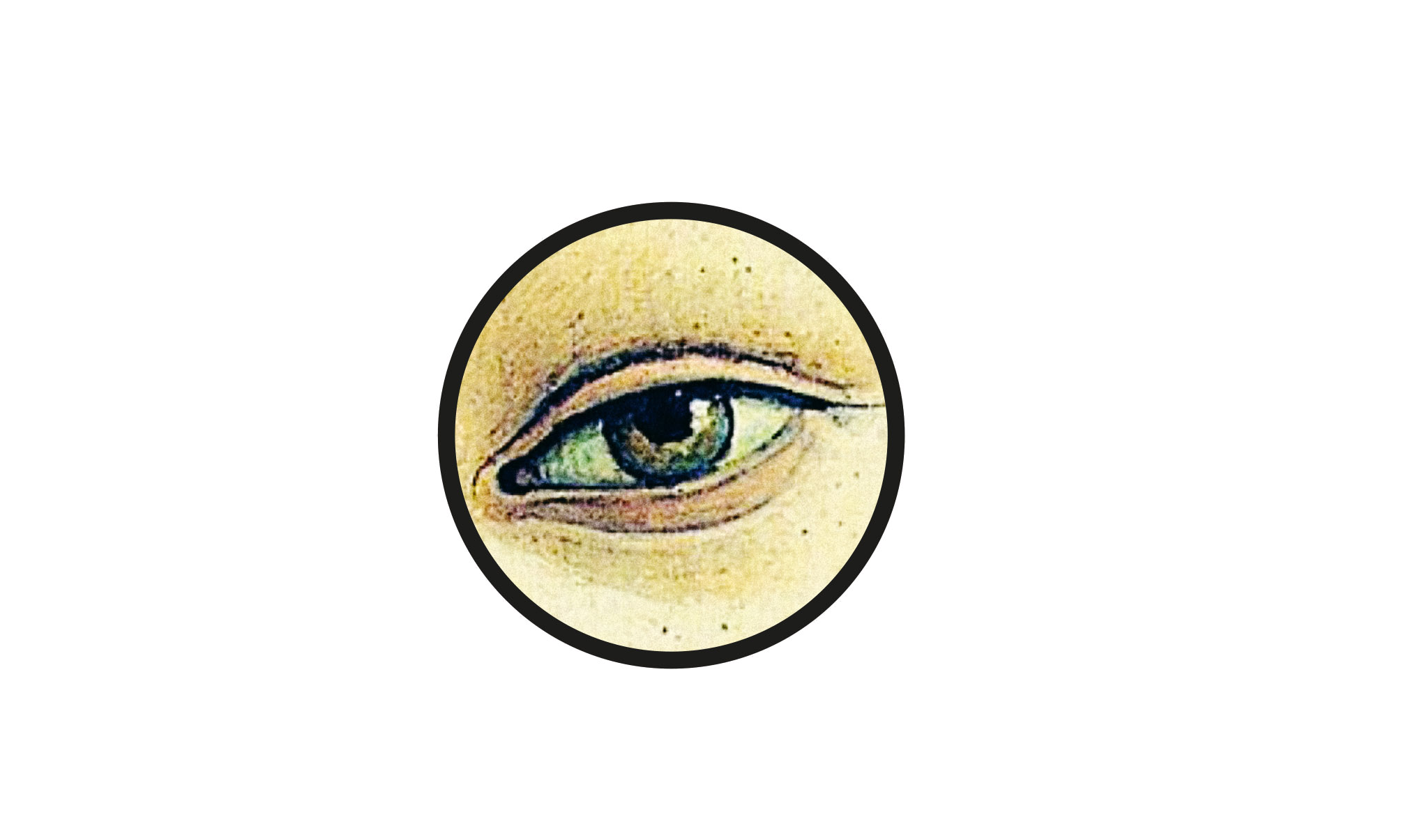The young sun cavorts wildly about, and the just-formed planet spits out magma like a spoiled little boy. In their old age they’ll fall into torpor, cool down, and their frozen remnants will wander through the galaxy for aeons. A strained analogy, or is there more to it?
Metaphor is a great tool for ordering reality. That’s because we juxtapose one domain with another, which immediately makes us sensitive to the similarities between them – as well as the differences. When somebody tells me I’m just like my father, there’s a good chance that in my vehement denial of this inappropriate accusation, I’ll learn a lot about myself. When in the first half of the 17th century Descartes suggested quite seriously that the world is like a mechanism, and in the second half of that century Newton expressed this precisely, scientists and philosophers threw themselves into alternately confirming and refuting this metaphor. After several centuries of such struggles, we can now say quite a bit about the degree to which the world resembles a wound-up watch, and the degree to which it doesn’t.






